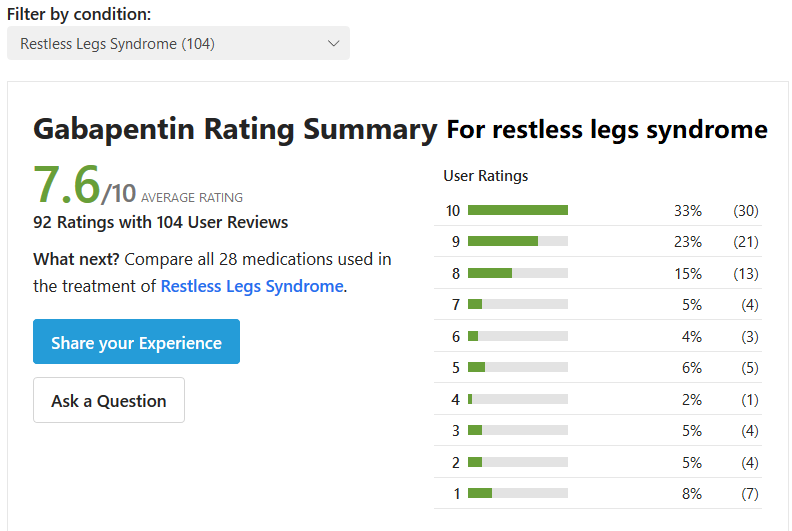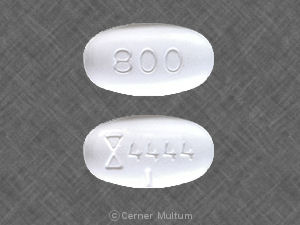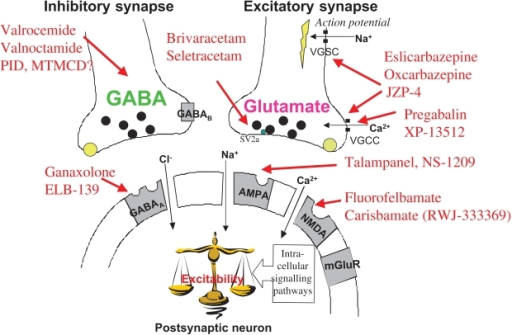
Restless legs syndrome (RLS), also known as Willis-Ekbom disease, is a movement disorder characterized by unpleasant sensations and involuntary leg movements during sleep.
This condition may leave you kicking your legs as you fall asleep. The continued nighttime movements can prevent you from getting restorative sleep—making you sleepy during the day. There are many medical issues that can cause RLS, and it can also be idiopathic (without a known cause).
If you meet the diagnostic criteria for RLS, you can be treated with medications. Lifestyle strategies —like not smoking—can help diminish the symptoms of RLS too.
The First Step in Treating Restless Legs Syndrome
The first line of defense against restless legs syndrome is to avoid substances or foods that may be causing or worsening the problem. Stay away from alcohol, caffeine, and nicotine. This may help relieve your symptoms. In addition, review all medications you are taking with your doctor to determine if any of these drugs could be causing the problem.
Any underlying medical conditions, such as anemia, diabetes, nutritional deficiencies, kidney disease, thyroid disease, varicose veins, or Parkinson’s disease, should be treated. Dietary supplements to correct vitamin or mineral deficiency may be recommended. For some people, these treatments are all that is needed to relieve RLS symptoms.
You may also benefit from physical therapy and self-care treatments, such as stretching, taking hot or cold baths, whirlpool baths, applying hot or cold packs to the affected area, limb massage, or vibratory or electrical stimulation of the feet and toes before bedtime. Exercise and relaxation techniques also may be helpful.
Gabapentin Medications for Restless Legs Syndrome
Daily medication is usually recommended only for people who have symptoms of restless legs syndrome at least three nights a week, or as determined by your doctor. Keep in mind that drugs used to treat primary RLS do not cure the condition, but only relieve symptoms. People whose RLS symptoms occur sporadically may be prescribed medication to take only when they have symptoms.
The prescription drug gabapentin (sold under the trade name Neurontin or Horizant) is a commonly used medication that can help treat the symptoms of restless legs syndrome (RLS).
Uses
Gabapentin can be used to treat the symptoms of restless legs syndrome (RLS).1 It may be especially helpful if the symptoms are perceived as less intense yet painful. In individuals with a history of peripheral neuropathy or chronic pain, it may be of added benefit. Furthermore, gabapentin may be helpful to treat RLS in the context of other neurological disorders such as Parkinson’s disease or dementia.
How It Works
Gabapentin is a medication that has been used to treat seizures. It is similar in structure to GABA, which is present in nerve cells, but it does not interact with the same receptors.
It is not known how gabapentin works to improve the symptoms of RLS.
Who Should Not Use It
Gabapentin is a relatively safe drug that can be used by most people. There are a few situations where caution may be indicated. For example, if you have impaired kidney function, are elderly, or have depression you may want to be cautious.3 If these situations apply to you, you may want to speak to your physician before taking gabapentin.
Safety Warnings
It will be important to monitor for signs of depression, unusual behavior changes, and thoughts of suicide.5
Other medications that can be used to treat RLS
The following medications are the most widely prescribed to treat RLS. They may be given alone or, in certain cases, in combination. Your doctor will prescribe the best treatment plan for you.
- Dopamine agonists: These are most often the first medicines used to treat RLS. These drugs, including pramipexole (Mirapex), rotigotine (Neupro), and ropinirole (Requip), act like the neurotransmitter dopamine in the brain. Side effects include daytime sleepiness, nausea, and lightheadedness.
- Dopaminergic agents: These drugs, including Sinemet — a combination of levodopa and carbidopa — increase the level of dopamine in the brain and may improve leg sensations in RLS. However, they may cause a worsening of symptoms for some people after daily use. Side effects can also include nausea, vomiting, hallucinations, and involuntary movements (dyskinesias).
- Benzodiazepines: Benzodiazepines, such as alprazolam (Xanax), clonazepam (Klonopin), and temazepam (Restoril), are sedatives. They do not so much relieve symptoms as help you sleep through the symptoms.
- Opiates: These drugs are most often used to treat pain, but they can also relieve RLS symptoms. Because opiates are very addictive, they are usually used only when other drugs don’t work. Hydrocodone (Vicodin, Norco) is one example.
- Anticonvulsants: These agents, such as gabapentin (Neurontin) and gabapentin enacarbil (Horizant), may help relieve the symptoms of RLS as well as any chronic pain or nerve pain.
- Alpha2 agonists: These agents stimulate alpha2 receptors in the brain stem. This activates nerve cells (neurons) that “turn down” the part of the nervous system that controls muscle involuntary movements and sensations. The drug clonidine (Catapres) is an example.


I’ve had moderate RLS for as long as I can remember (I remember sitting in church as a kid with the need to have pressure on the bottom of my feet and to move them back and forth over the kneeler).
Several years ago I was diagnosed with General Anxiety and was prescribed an SSRI and when that stopped working I was prescribed an NSRI (Cymbalta). My RLS got so bad I was trying anything. I tried CBD oil and failed a drug test… so, no more CBD oil… went to a neurologist and she took one look at my allergy medications and my anxiety medications and tells me both are know RLS causes/enhancers.
Cymbalta is a very well known trigger for this condition. I stepped down from the Cymbalta and my RLS is so much better. I stopped taking Benadryl and any allergy med ending in “dine.” I’m ok taking “zine” allergy medications.
Once I stopped taking all the triggers I started the Neurontin and within one hour of taking 100mgs I am comfortable in bed in a way I hadn’t been in years.
300 mg of Gabapentin was prescribed to me months ago. I use it “as needed” for restless Ieg syndrome at bedtime. I also have Anxiety and Spondilitis, so it may have been a catch 22.
It has worked for me.. HOWEVER..I cannot see how anyone functions during the day on THIS med?! It makes me extremely floppy, sleepy, dopey &.forgetful!
Everyone is different SO I am only wanting to WARN you to please be careful if you have a lot of responsibility & stuff to take care of.
I have had RLS off and on most of my adult life. I tried every drug which was prescribed as being specifically for RLS. None worked.
An article in a RLS website mentioned Gabapentin as a medication that works. My doctor at the time refused to prescribe it. So I found another doctor. Started out at 600mg as needed and it worked! Then I had the first of 7 back surgeries and the RLS became a nightly problem.
He upped the dosage to 1200mg daily and haven’t had a single twitch since and sleep well, for about 5 hours then it stops helping me sleep, but no twitches.
No side effects, no problems whatsoever. It has been a miracle for me. I am going to try a 600mg. when I awaken after 4 or 5 hours and see if it will help me sleep through the night.